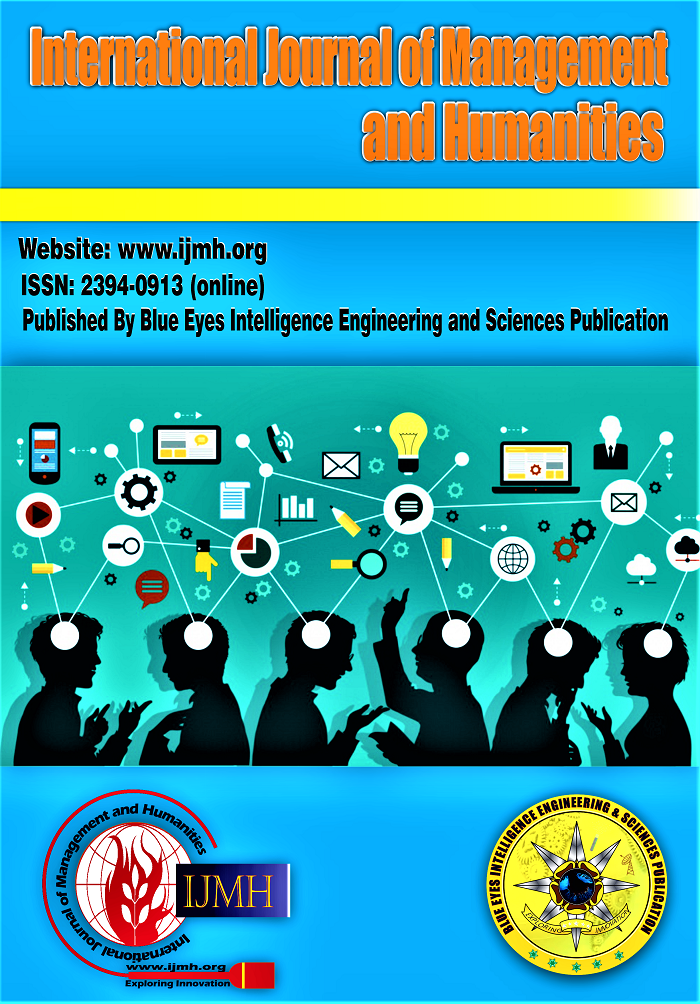Sustainability Goals vs. Competition Law: Global Trends and Challenges
Main Article Content
Abstract
The growing awareness of climate change has highlighted the need for competition law to adapt and promote sustainability. Recently, many competition authorities have been exploring ways to integrate environmental considerations into their frameworks. The significance of aligning sustainability with competition regulations has become increasingly evident. Achieving sustainability goals requires cooperation from both companies and regulators to establish and implement industry-wide objectives. The United Nations’ sustainability goals and nations’ commitments to sustainability will shape future development in line with the Paris Agreement. Integrating green antitrust policies with economic progress is now a key topic of global debate among regulators. The Competition Commission of India is at a critical juncture to develop a clear competition policy for sustainability and offer detailed guidance to companies to meet these goals. However, the path to a sustainable antitrust policy is fraught with challenges, including economic development, innovation, jurisdictional issues, and India’s international obligations.
Downloads
Article Details
Section
How to Cite
References
UNGA, ‘Transforming our world: the 2030 Agenda for Sustainable Development’ (21 October 2015) A/RES/70/1.
Katriina Soini, Joost Dessein, ‘Culture-Sustainability Relation: Towards a Conceptual Framework’ (2016) Sustainability Journal 8(2). https://doi.org/10.3390/su8020167
Jurisdictions such as China, France, the United Kingdom, and Australia have mandatory ESG disclosures for businesses.
Environmental sustainability and the competition and consumer law regimes: Advice to the Secretary of State for Business, Energy and Industrial Strategy (Competition and Markets Authority, 2021)
Environmental sustainability and the competition and consumer law regimes: Advice to the Secretary of State for Business, Energy and Industrial Strategy (Competition and Markets Authority, 2021)
Surcharges without improved sustainability in the milk sector: Bundeskartellamt points out limits of competition law’ (Bundeskartellamt, 25 January 2022).
Jan Peter van der Veer, ‘Valuing Sustainability? The ACM’s analysis of “Chicken for Tomorrow” under Art. 101(3)’ (Kluwer Competition Law Blog, 18 February 2015).
The SDGs provided in Agenda 2030 act as a compass for aligning countries’ plans with their global commitments. United Nations Sustainability Development Goals Overview (United Nations Department of Social and Economic Affairs, 2020).
‘Guidance on Environmental sustainability agreements and competition law’ (Competition and Markets Authority, 27 January 2021).
Viktoria H.S.E. Robertson, ‘The New Sustainability Exemption in Austrian Competition Law’ (2021) Journal of European Competition Law & Practice. https://doi.org/10.2139/ssrn.3957551
Alexandra Badea, Marin Bankov, Graça Da Costa, José Elías Cabrera, Senta Marenz, Kevin O’Connor, Ekaterina Rousseva, Johannes Theiss, Andrea Usai, Sofia Vasileiou, Alexander Winterstein and Marc Zedler, Competition policy brief (European Commission 2021).
Sari van Grondelle, ‘Dutch competition authority to investigate misleading sustainability claims’ (Pinsent Masons, 11 May 2021).
Environmental Considerations in Competition Enforcement’ (OECD, 19 November 2021).
Car Emissions (2021) Case AT.40178; ‘Antitrust: Commission fines car manufacturers €875 million for restricting competition in emission cleaning for new diesel passenger cars’ (European Commission, 8 July 2021).
National Statement by Prime Minister Shri Narendra Modi at COP26 Summit in Glasgow (MEA Media Center, 2 November 2021).
Jayashree Nandi, ‘India’s umbrella environment law idea triggers renewed concerns’ Hindustan Times (18 March 2021).
Ministry of Corporate Affairs, National Guidelines on Responsible Business Conduct (Government of India 2019).
Ministry of Corporate Affairs, ‘MCA releases national guidelines on responsible business conduct’ (Press Information Bureau, 13 March 2019).
Independent public and administrative authorities develop their collaboration on the challenges of climate warming’ (Autorite de la concurrence, 19 December 2019).
Shilpa Kulkarni, C.N. Rawal, Learnings from Sustainability Audits in Automobile Industry in Around Pune: Practices and Procedures. (2020). In International Journal of Innovative Technology and Exploring Engineering (Vol. 9, Issue 4S, pp. 179–186). https://doi.org/10.35940/ijitee.d1029.0394s20
Nngsari, L. C., & Sutawijaya, A. H. (2019). What is Linked between The Green Human Resources Practice with Sustainability Business. In International Journal of Engineering and Advanced Technology (Vol. 8, Issue 6s3, pp. 313–321). https://doi.org/10.35940/ijeat.f1051.0986s319
Balkrishan Sangvikar, Avinash Pawar, Ashutosh Kolte, Akshay Mainkar, Prasanna Sawant, How Does Green Marketing Influence Consumers? The Market Trend Examination towards Environmentally Sustainable Products in Emerging Indian Cities. (2019). In International Journal of Recent Technology and Engineering (Vol. 8, Issue 3S, pp. 561–571). https://doi.org/10.35940/ijrte.c1114.1083s19
Edirimuni, Eng. C. (2024). Digitalization and Decarbonization of Sri Lanka’s Electric Power System: A Way Forward for Sustainability. In International Journal of Inventive Engineering and Sciences (Vol. 11, Issue 9, pp. 1–4). https://doi.org/10.35940/ijies.k9972.11090924





